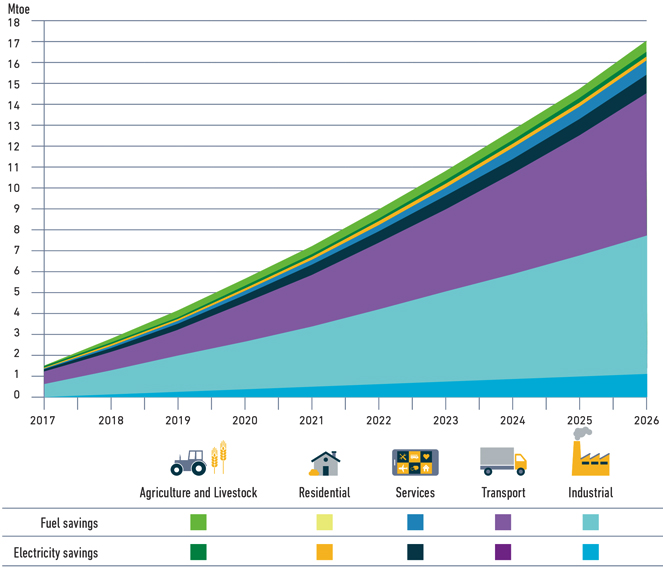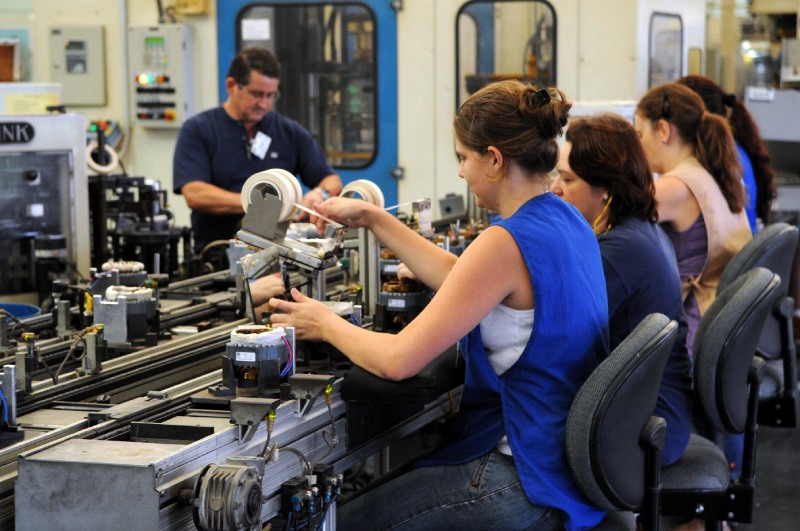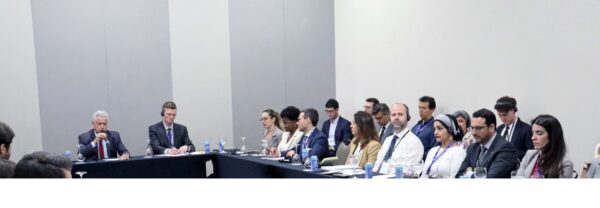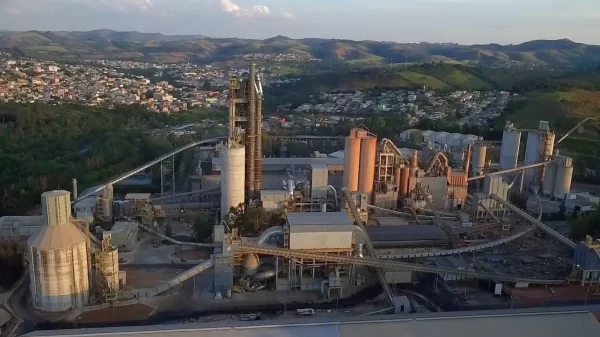Brazil
Beyond renewables: Industrial energy efficiency offers Brazil a new opportunity to reduce emissions
Thanks to its huge hydropower capacity, Brazil already boasts one of the cleanest electricity portfolios in the world. Yet, despite its significant dependence on renewable energy sources, Brazil’s track record in energy efficiency is lagging. In a country where industry consumes one third of total energy consumption, Brazil’s industrial sector offers vast potential to reduce emissions and associated economic costs.
Why is industrial energy efficiency important for Brazil?
Millions of Brazilians have been lifted out of poverty in recent decades thanks to the country’s relatively stable economic growth. The industrial sector offers cost-effective opportunities to further boost productivity through energy efficiency, particularly in small-to-medium enterprises. These provide livelihoods to 16 per cent of the Brazilian workforce.
Industries such as iron and steel production, automobile assembly, petroleum processing, chemicals production, and cement making are responsible for 21 per cent of Brazil’s GDP and employ around a quarter of the population. Systemic industrial energy efficiency reforms can help Brazil to foster sustainable economic growth.
Brazil is already suffering the impacts of climate change. Long droughts, excessive rains, and uncontrolled fires are putting pressure on the country’s people, farmers, biodiversity and the economy. Changing rainfall patterns also put the nation’s majority hydropower energy mix at risk, threatening an increase in electricity shortages and power outages. Industrial energy efficiency will significantly help to mitigate these impacts.
Accelerating industrial energy efficiency in Brazil
Thanks to its huge hydropower capacity, Brazil already boasts one of the cleanest electricity portfolios in the world. Yet, despite its significant dependence on renewable energy sources, Brazil’s track record in energy efficiency is lagging. In a country where industry consumes one third of total energy consumption, Brazil’s industrial sector offers vast potential to reduce emissions and associated economic costs.
Graph shows Brazil’s energy efficiency potential onto 2026 per economic sector (source: MME, 2017).

Key service areas
Financing solutions
To capture the financial sector’s attention, the Accelerator is delivering a series of events and training workshops targeted to senior bank and credit managers as well as technical staff. This work also includes the creation of an energy efficiency risk assessment tool for potential investors and finance providers.
Advocacy and policy support
A lack of dedicated policy and uncertainty from the financial sector means Brazil’s industrial energy efficiency potential remains untapped. Working with government counterparts, the Accelerator is recommending a number of regulatory drivers that can enhance the uptake of industrial energy efficiency. This includes a series of policy cost and benefit impact simulations. Also, by convening financial actors and examining potential policy solutions, the Accelerator is contributing to the growth of Brazil’s energy service market and the kick-start of larger pipeline investment initiatives.





